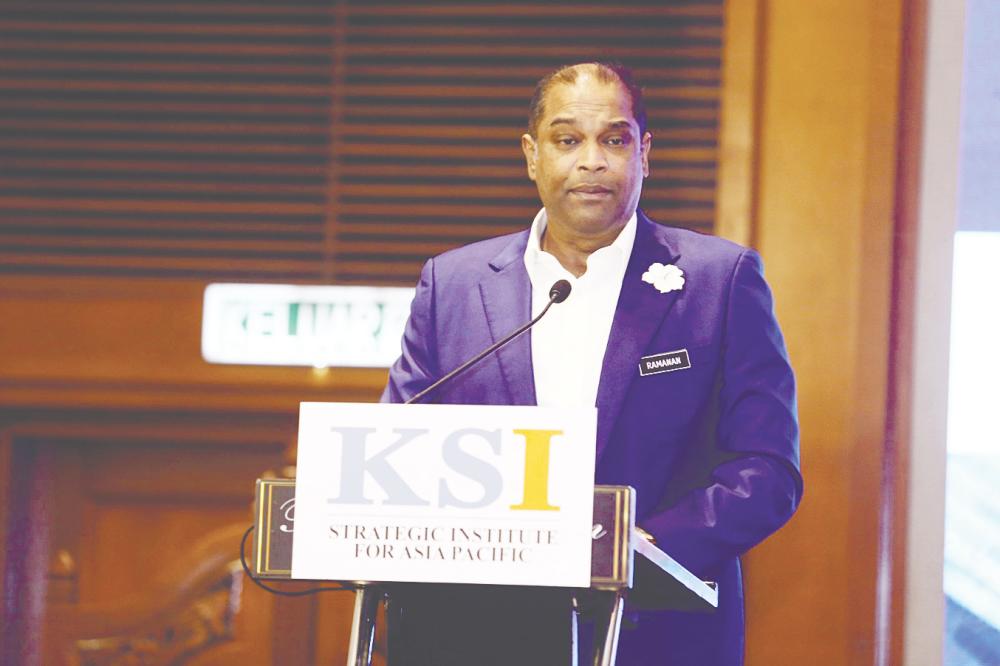KUALA LUMPUR: Malaysia’s small and medium-sized enterprises are urged to tap into Uzbekistan’s halal sector, which serves a population of over 30 million, 96.1% of whom are Muslim, according to Deputy Entrepreneur Development and Cooperatives Minister Datuk Seri Ramanan Ramakrishnan.
Ramanan highlighted opportunities in Uzbekistan’s halal sector including cosmetics, pharmaceuticals, food and tourism following a recent meeting with the country’s deputy minister of economy and finance.
“They have 400,000 SMEs in Uzbekistan compared to 1.1 million SMEs in Malaysia. But the important thing we have to take from there is that they have 96.1% of Muslims. It’s an Islamic nation. We can take advantage of that. It is a very, very big opportunity,” he told reporters at Malaysian SME Resilience and Growth Conference 2025 today.
Ramanan stressed that Malaysian SMEs must consider the importance of environmental, social and governance (ESG) factors, as well as sustainable development goals in order to succeed in international markets.
“The opportunity is there, but we must seize it. To do so, small and medium-sized enterprises must meet global standards. That’s why ESG is so important.”
On the implementation of the minimum wage policy set to begin this month, Ramanan acknowledged that SMEs may not be fully prepared for the transition.
“The readiness is moderate for now. Of course, they will never be ready. But this is a step to improve the GDP (gross domestic product) of the country and give opportunities to Malaysian workers to receive a salary that can enhance their daily lives,” he said.
Ramanan said his ministry is providing assistance to ease the transition process for SMEs. “For example, SME Corp and National Entrepreneurship Institute have offered special training on how to manage finances, implement cost-cutting measures, and increase savings, among other forms of support.”
The conference is jointly organised by the KSI Strategic Institute for Asia Pacific, the Economic Club of Kuala Lumpur and the SME Association of Malaysia as a platform to discuss strategies and solutions to enhance the resilience and sustainability of Malaysian SMEs.
Its focus on sustainability and resilience comes at a critical juncture as SMEs, the backbone of Malaysia’s economy, grapple with challenges posed by global economic uncertainties, climate change, and digital disruption.
With the SME sector comprising 97.4% of Malaysian businesses and contributing 37.4% to GDP, the need for sustainable transformation is not only essential but urgent.
Ramanan said the global business environment has been reshaped by the ongoing strategic competition between major powers, primarily manifesting in regulatory and trade arenas. “The necessity to navigate these complexities has become a critical aspect of maintaining business resilience and pursuing growth in today’s interconnected world.”
Companies, he added, are increasingly required to align with stringent global standards on sustainability, digital trade barriers, and corporate governance to stay competitive and responsible on the global stage.
In facing the challenges of today’s world, Ramanan said, the country must come together with innovative solutions and adopt technology such as AI as drivers of entrepreneurial success. “All entrepreneurs need to embrace innovation to improve productivity, venture into new business models, and effectively address societal challenges.”









